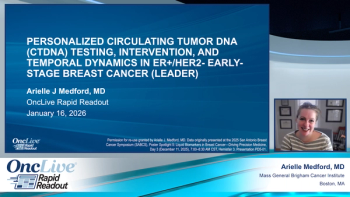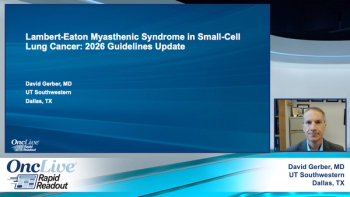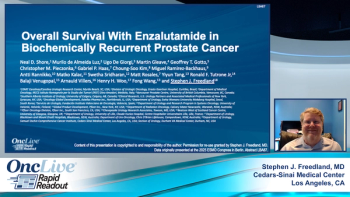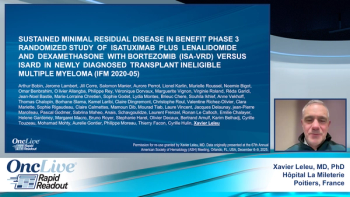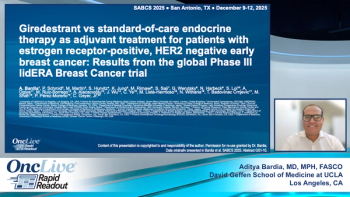
Radiation Segmentectomy for Curative Intent of Unresectable HCC (RASER): A Prospective, Single Arm Study
Dr. Kim reviews the RASER study and discusses how radiation segmentectomy could be a potential treatment option for patients with unresectable hepatocellular carcinoma.
Background
- Single center, single arm, prospective study that included patients with solitary HCC with unfavorable location for ablation, without metastasis or macrovascular invasion between 2016 and 2021.
- Promising treatment with longer time to progression (TTP) compared to TACE for intermediate stage HCC
- Radiation segmentectomy
- Focal deliver of Y90 to 2 or less Couinaud segments
- Spares surrounding parenchyma
- Penetration of Y90: 2.5 mm
- Spares surrounding parenchyma
- High dose of radiation (205 Gy)
- Conceptually similar to surgical resection and thermal ablation
- Focal deliver of Y90 to 2 or less Couinaud segments
Methods
- Primary end point:
- Tumor response: Assess tumor response according to mRECIST
- Secondary end points:
- Time to Progression
- Local and Overall
- Duration of Response
- Toxicities
- Time to Progression
- Patient Characteristics:
- Majority of lesions in segment 4 and 8
- Median Tumoral Dose: 1004.6 Gy
- Minimum dose threshold >205 Gy to perfused volume
- Actual Median Dose Calculated: 584 Gy
Results
- 100% Objective Response (Initial mRECIST)
- CR: 82.8% of patients (24/29)
- PR: 17.2% of patients (5/29)
- Sustained Complete Response 89.7% (26/29)
- Median time to CR: 43 days (95% CI, 40-47 days)
- Duration of Response: 635 days (141-691 days)
- Cumulative incidence of target lesion progression at one year was 3.7% and at two years was 11.7%
- Actuarial OS at 1 and 2 years was 96.2%
- One death from progression of disease post RS
- Resulting in Liver Decompensation
- One death from progression of disease post RS
- Time to Progression (TTP)
- 31% (9 of 29) overall progression at a range of 181-699 days
- 7 new intrahepatic lesions and 3/29 local progression
- 10% (3 of 29) local progression
- Cumulative incidence of overall progression at one year was 14.3% and at two years was 27%
- Eight patients (26.7%) received liver transplant at a median of 340·5 days (range 228-521 days).
- Pathology results were reviewed of which all eight target lesions demonstrated 100% necrosis with 90Y microspheres within and adjacent to the tumor.
Conclusions
Radiation Segmentectomy is effective and well tolerated in patients with unresectable very early to early-stage HCC with suboptimal location for ablation.
Sustained complete response rates and local progression of the target lesion were similar to the previously reported rates after thermal ablation.
Complete pathologic necrosis of all explanted tumors is encouraging.
These results suggest that RS should be further investigated as a potential curative treatment option for well selected patients.
1 Kim E, Sher A, Abboud G, et al. Radiation Segmentectomy for Curative Intent of Unresectable HCC (RASER): A Prospective, Single Arm Studypresented at: 2022 Cardiovascular & Interventional Society of Europe, September 10-14, 2022.


